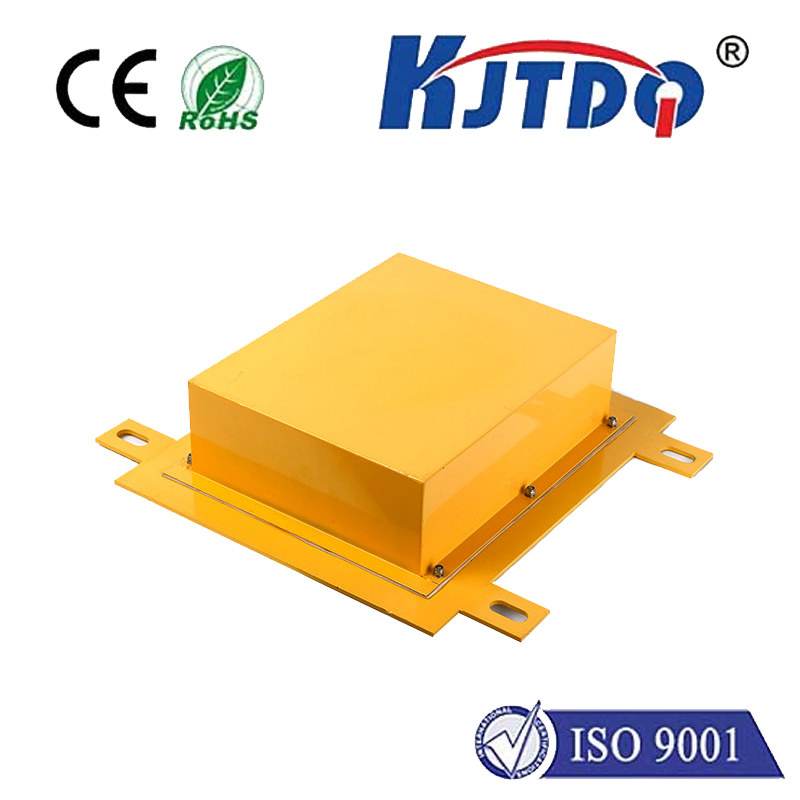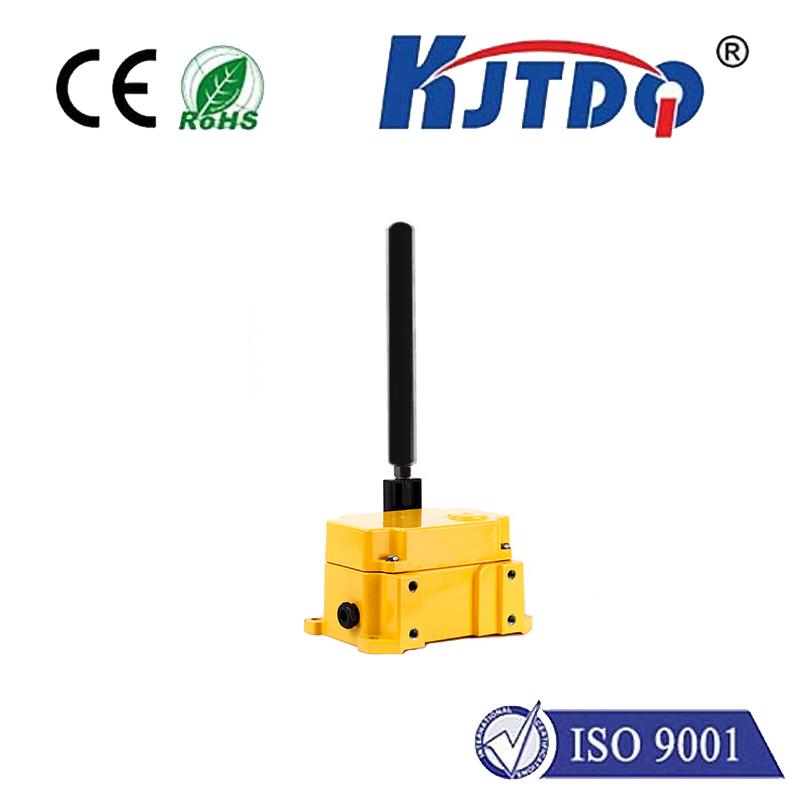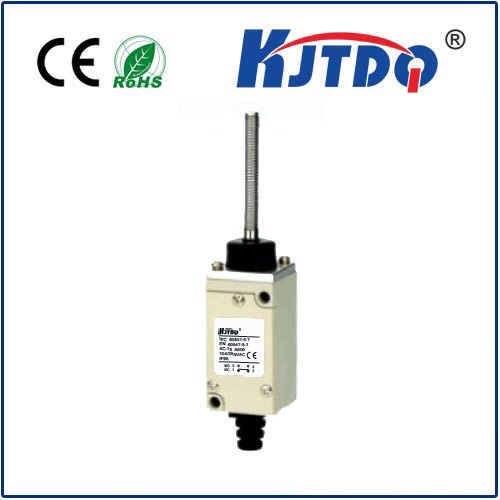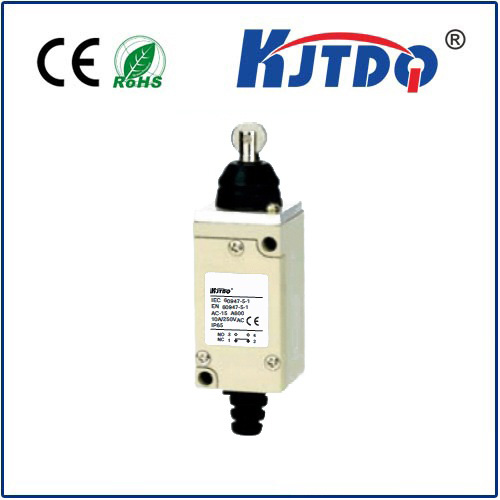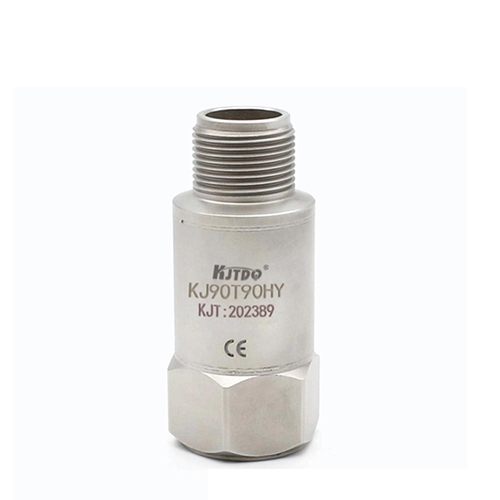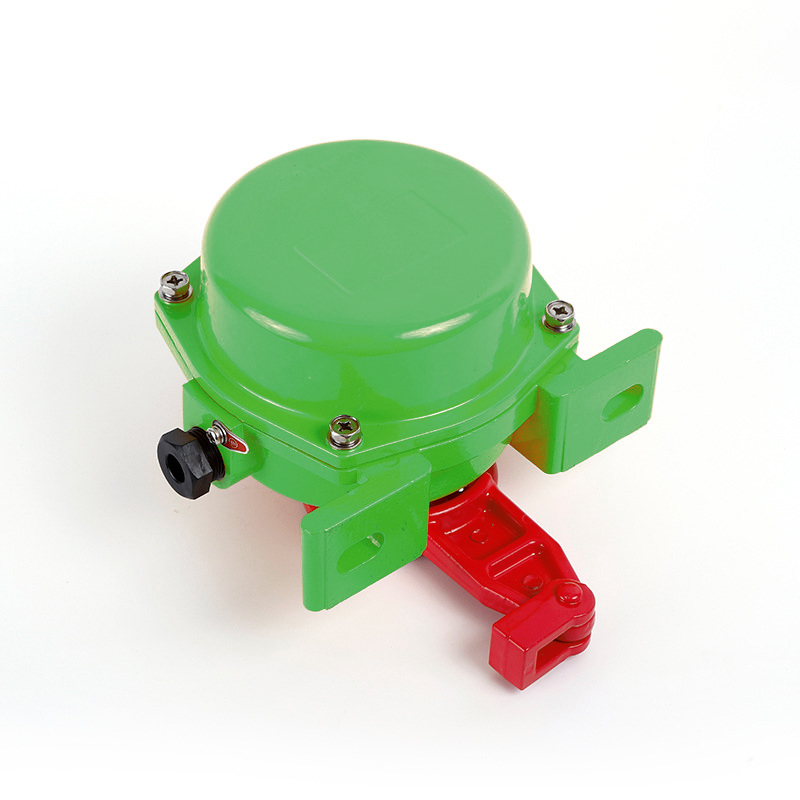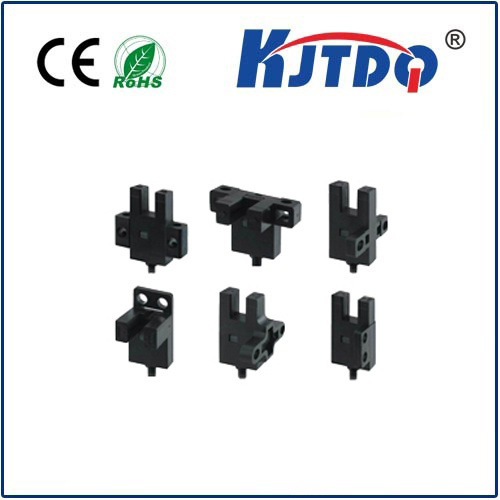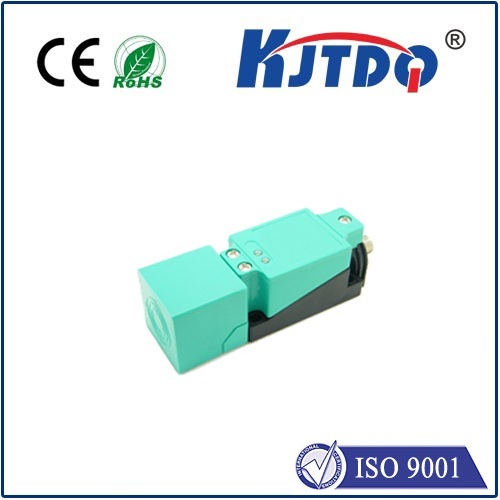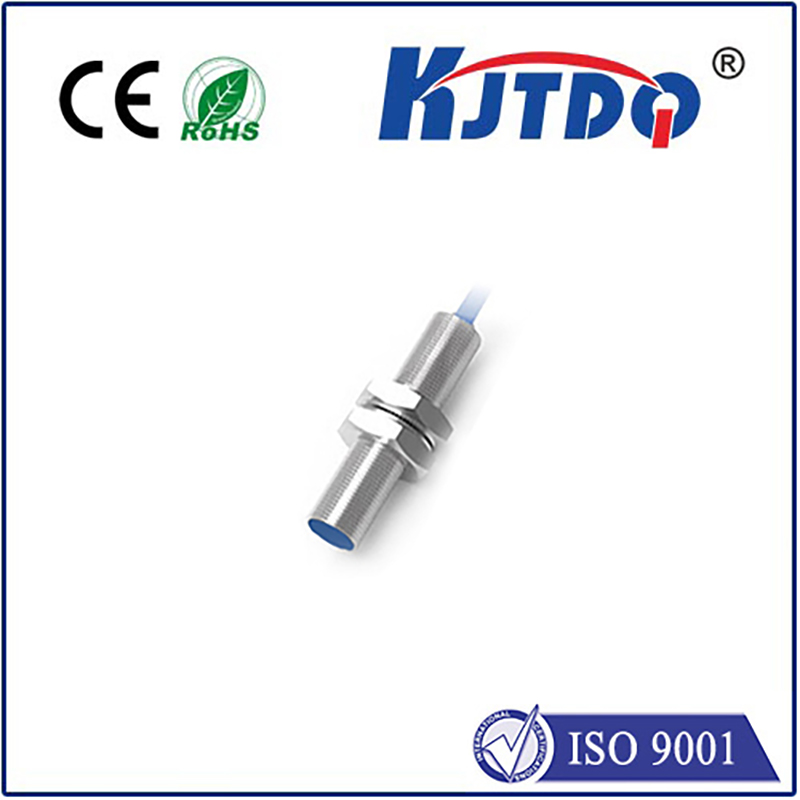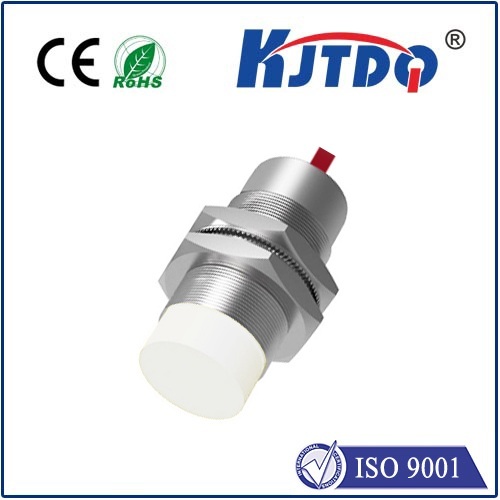The Importance of Sensor Precision in the Modern World In our rapidly advancing technological landscape, sensor precision has emerged as a critical aspect that shapes various industries and applications. From healthcare to transportation, and from agriculture to environmental monitoring, precise sensors play an indispensable role in ensuring accuracy, efficiency, and safety. This article delves into the essence of sensor precision, underscoring its importance across different sectors.
In the healthcare industry, sensor precision is paramount. Medical devices such as ECG monitors, glucose meters, and even advanced imaging machines rely on highly accurate sensors to function correctly. A minor error in sensor readings can lead to misdiagnosis or incorrect treatment plans, potentially putting patients’ lives at risk. The ongoing development of miniaturized and highly precise medical sensors continues to revolutionize diagnostics and patient care, paving the way for earlier detection of diseases and more personalized treatment strategies.

The realm of autonomous vehicles is another area where sensor precision plays a crucial role. Self-driving cars are equipped with a plethora of sensors including LiDAR, radar, and cameras to perceive their environment. The accuracy of these sensors is vital for the vehicle to make real-time decisions, avoid obstacles, and navigate safely through traffic. Any imprecision in sensor data can result in incorrect interpretations of the environment, leading to potential accidents or failures in achieving full autonomy. As engineers strive to enhance sensor precision, they contribute significantly to making our roads safer and setting the stage for fully autonomous transportation systems.
Precision agriculture leverages advanced sensor technology to optimize crop yields and minimize resource wastage. Soil moisture sensors, weather stations, and drone-mounted multispectral cameras provide farmers with detailed insights into their fields. These tools enable precision irrigation, targeted fertilization, and timely pest management, all of which contribute to higher productivity and sustainability. The enhanced precision provided by these sensors helps farmers make data-driven decisions, ultimately leading to better harvests and reduced environmental impact.
Environmental monitoring is yet another critical field that benefits immensely from sensor precision. Accurately measuring air quality, water pollution levels, and other environmental parameters is essential for effective conservation efforts. High-precision sensors help detect contaminants, track climate changes, and monitor wildlife habitats with great accuracy. This valuable data supports policymakers and scientists in devising strategies to combat climate change, preserve biodiversity, and protect natural resources.
As we move forward, the demand for improved sensor precision will only continue to grow. Researchers and engineers are constantly innovating, developing new materials and technologies to push the boundaries of what sensors can achieve. The integration of artificial intelligence and machine learning algorithms further enhances the capabilities of precision sensors, enabling them to process data more efficiently and accurately than ever before.
Sensor precision is undeniably a cornerstone of modern technological advancements. Its impact spans across multiple sectors, driving progress and innovation while enhancing safety, efficiency, and sustainability. As technology evolves, so too will the significance of precise sensors, heralding a future where accuracy and reliability are foundational pillars of our most critical systems.
